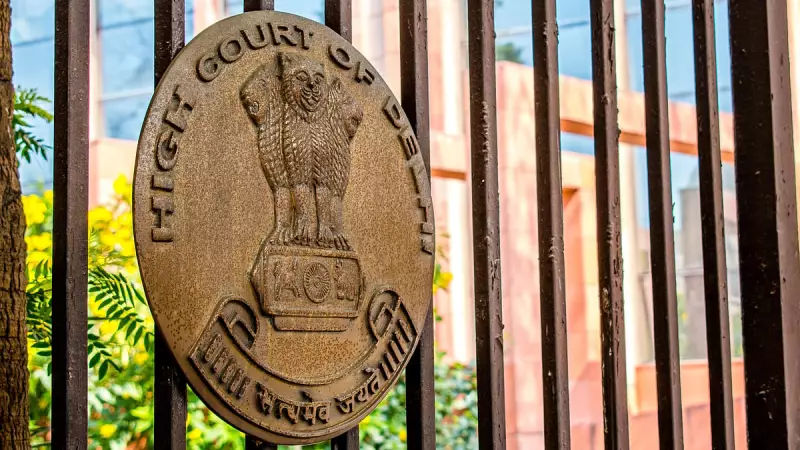
In a significant legal development, the Delhi High Court has delivered a major victory to renowned academician and women's rights activist Madhu Kishwar by quashing a First Information Report (FIR) that had charged her with attempt to murder.
The court's ruling came as a strong rebuke to what it termed an "abuse of the legal process," bringing relief to the prominent scholar who had been embroiled in the criminal case for an extended period.
Court's Stern Observations
Justice Anoop Kumar Mendiratta, while presiding over the case, made sharp observations about the misuse of criminal law machinery. The bench noted that the attempt to murder charges filed against Kishwar were completely unsustainable and lacked any legal foundation.
The judgment emphasized that continuing with such baseless proceedings would only result in the wastage of precious judicial time and resources. The court's strong wording highlighted the growing concern about frivolous cases being filed to harass individuals.
Background of the Case
The controversial FIR had been registered against Madhu Kishwar, a well-known academic and founding editor of Manushi journal, following allegations made by another individual. The case had been pending for considerable time, causing significant distress to the veteran activist.
Kishwar, through her legal representatives, had approached the High Court seeking relief from what she described as a completely fabricated case designed to target her for her professional work and viewpoints.
Implications for Free Speech
Legal experts are viewing this judgment as an important precedent in protecting freedom of expression and preventing the misuse of criminal laws to silence voices. The ruling reinforces the judiciary's role as a protector of constitutional rights against arbitrary legal actions.
The decision comes at a time when concerns have been rising about the increasing use of criminal provisions to intimidate academics, journalists, and activists across the country.
Reactions and Next Steps
While the quashing of the FIR brings closure to this particular legal battle for Kishwar, the judgment also serves as a cautionary note about the responsibility that comes with filing criminal complaints. The court's message was clear: the legal system cannot be weaponized for personal vendettas or to suppress legitimate discourse.
This ruling is expected to have far-reaching implications for similar cases where individuals face what appear to be motivated legal actions intended to harass rather than pursue genuine justice.





